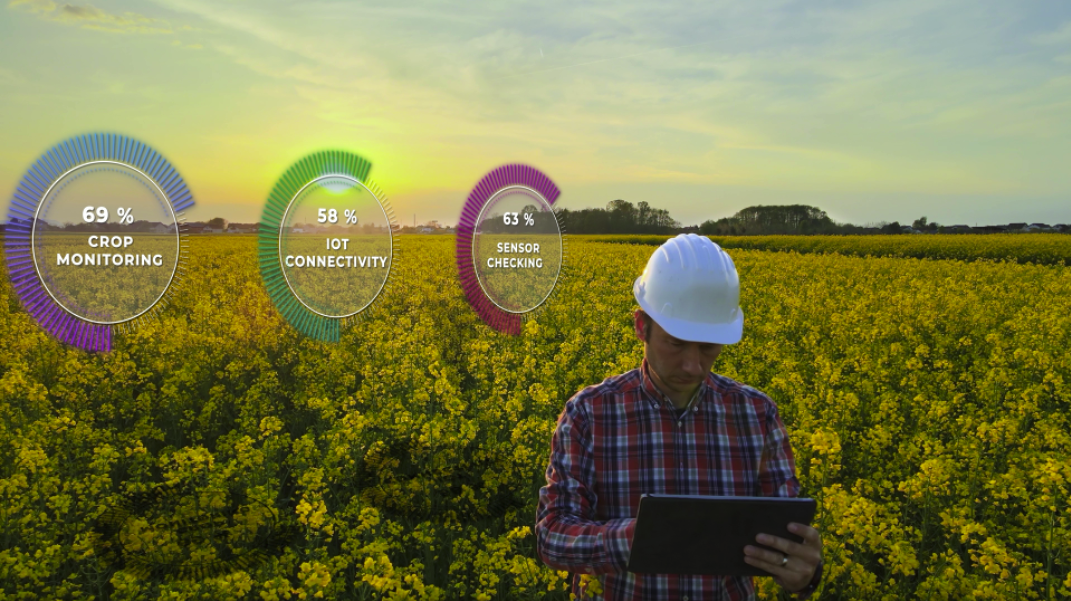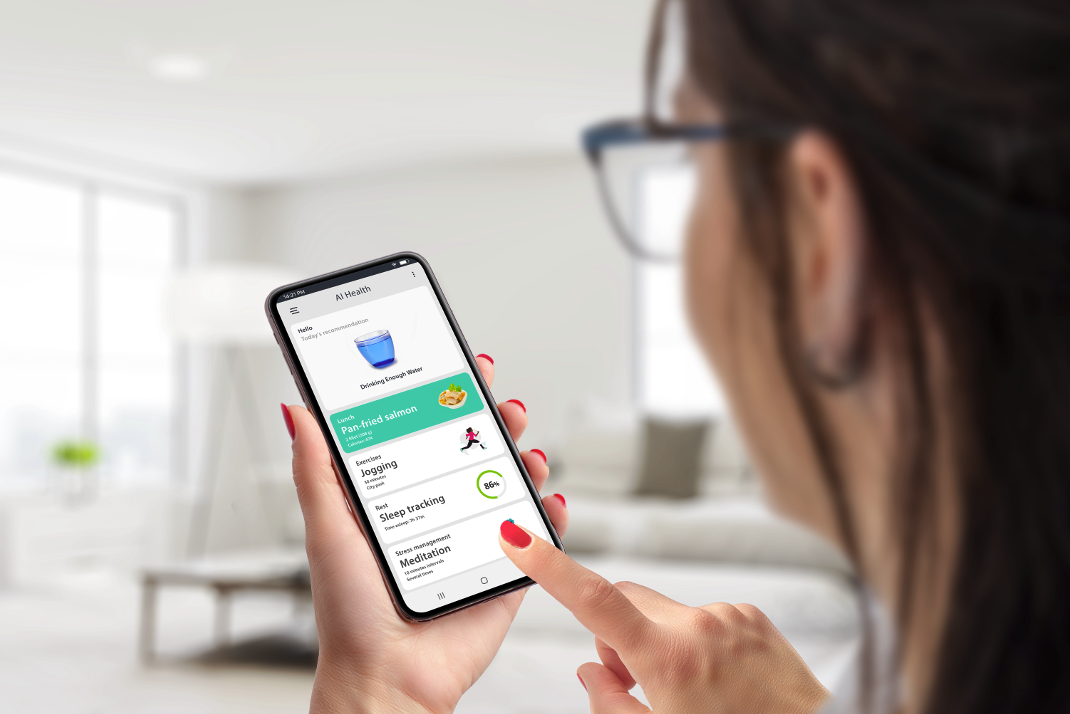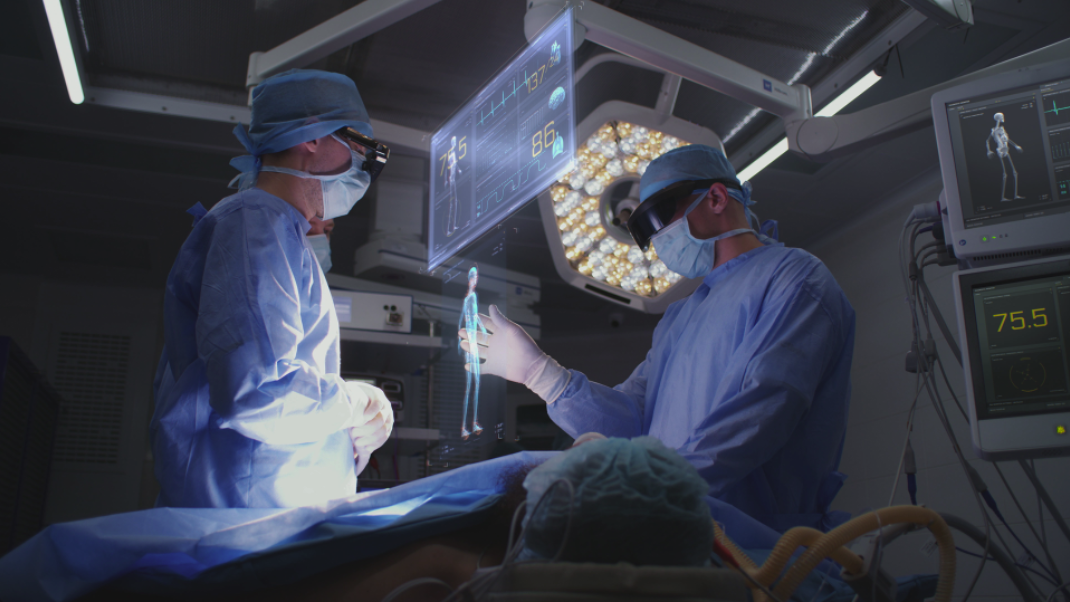Artificial intelligence has significantly shaped our vision for the future, not only in it’s more traditional forms, but also in the other critical areas such as renewables / sustainability, biotech / healthcare innovations and AR / VR.
While there may be concerns about job displacement and the impact on authenticity and data privacy, it also offers hopeful inspiration when considering the positive contributions of AI.
AI’s Role in Advancing Renewables / Sustainability

One of the most exciting developments is how AI is advancing our efforts in Renewables / Sustainability, which ranked second in our LinkedIn poll. AI’s applications in this area are vast and impactful:
- Optimising Renewable Energy Systems: AI is used to enhance the efficiency and reliability of renewable energy sources. Predictive algorithms can forecast energy production from solar panels and wind turbines, ensuring optimal integration into the grid. For example, projects like the AI-powered energy forecasting by Open Climate Fix Ltd. help reduce network congestion and maximise the amount of renewable energy transmitted (GOV.UK).
- Improving Energy Storage: AI helps manage energy storage systems more efficiently by predicting demand and optimising the charging and discharging cycles of batteries. This ensures that excess energy generated during peak production times is stored and used when demand is high (GOV.UK).
- Smart Grids: AI-driven smart grids dynamically manage energy flow from various sources, reducing waste and ensuring a stable supply. These grids balance loads, integrate renewable sources seamlessly, and reduce energy losses (GOV.UK) (PwC).
AI’s Role in Biotech/Healthcare Innovations

AI has also revolutionised Biotech and Healthcare Innovations:
- Predictive Analytics for Patient Care: AI is used to predict patient outcomes and optimise treatment plans. For instance, Novai’s AI-supported retinal biomarker technology helps in early detection and monitoring of diseases like glaucoma and AMD, enhancing patient care (Omdena).
- Drug Discovery and Development: AI accelerates drug discovery by analysing vast datasets to identify potential drug candidates. Companies like Antiverse use AI to streamline the drug development process, making it faster and more cost-effective (Omdena).
- Medical Imaging and Diagnostics: AI-powered imaging tools improve the accuracy of diagnoses. For example, AI algorithms can analyse medical images to detect anomalies faster and more accurately than traditional methods, aiding in early diagnosis and treatment (PwC).
AI’s Role in AR/VR

Even in the realm of AR/VR, AI is making significant strides:
- Enhanced User Experiences: AI enhances AR/VR applications by providing more immersive and interactive experiences. AI algorithms can adapt the content in real-time based on user interactions, making the virtual environment more responsive and engaging (AI News).
- Training and Simulation: AI-powered AR/VR systems are used for training in various fields, from medical procedures to industrial operations. These systems create realistic simulations that help users develop skills in a safe, controlled environment (AI News). Check out University of Manchester spinout, Sentira XR, who are doing exactly this for medical students.
- Accessibility and Inclusion: AI improves the accessibility of AR/VR technologies by enabling features like voice commands and gesture recognition, making these technologies more inclusive for users with disabilities (AI News).
A Brighter, Sustainable Future
These advancements illustrate that AI’s role in driving progress across various sectors is not just a theoretical promise but a practical reality, making significant strides in addressing global challenges. As we continue to innovate and apply AI to these areas, we move closer to a more sustainable, healthier future, which can only be a good thing.



